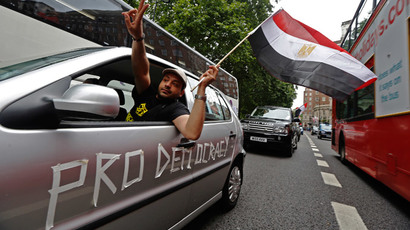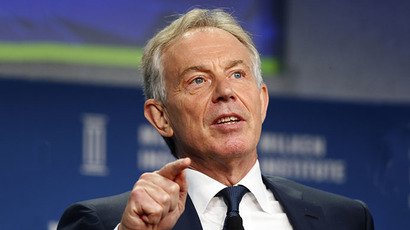Results of UK investigation into Muslim Brotherhood ‘delayed’- reports
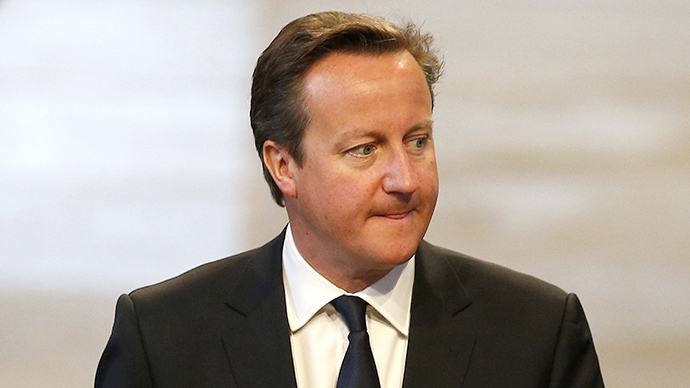
The British government has allegedly delayed reports from an investigation into Islamist group the Muslim Brotherhood. Ministers are apparently concerned it could damage the UK’s relationship with its Gulf state allies.
According to reports in the Financial Times, government officials may fear that the findings will contradict the position on the group taken by Britain’s allies in the region, including Saudi Arabia and the United Arab Emirates (UAE).
The report, led by Britain’s ambassador to Saudi Arabia Sir John Jenkins, said that the group should not be classified as a ‘terrorist organization’, in stark contrast with the beliefs of most of the Gulf States.
The unpublished report also says that there is ‘little evidence’ to suggest Brotherhood members are involved in terrorist activity’ according to reports from the Financial Times..
“Sir John will say that the Brotherhood is not a terrorist organization. The Saudis and Emiratis will then be very upset with us,” the source told the paper.
UK Prime Minister David Cameron had initiated an inquiry into the political Islamist group in April this year, claiming that he wanted to divert people away from religious extremism.
"What I think is important about the Muslim Brotherhood is that we understand what this organization is, what it stands for, what its beliefs are in terms of the path of extremism and violent extremism, what its connections are with other groups, what its presence is here in the United Kingdom. Our policies should be informed by a complete picture of that knowledge," he told the British media.
According to the Foreign and Commonwealth Office, the purpose of the report was to examine “the Muslim Brotherhood’s origins, philosophy, activities, record in and out of government; its organization and activities in the UK and abroad which might put at risk, damage, or risk damaging UK national interests.”
The PM launched the investigation after coming under heavy pressure to do so from allies in Middle East, a No.10 source told the Times.
The FCO has denied any deliberate move to delay the report, with a spokesperson telling RT that the review was still taking place.
"The review into the Muslim Brotherhood hasn't been delayed. The main findings were completed by July as requested by the prime minister and work is now underway across government to consider the implications of these findings," the spokesperson said.
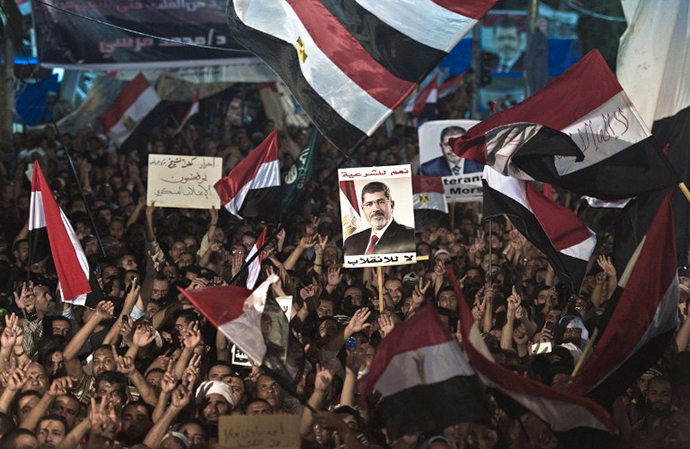
The Muslim Brotherhood, which is considered as one of the world’s most influential Islamist movements was founded in Egypt in 1928, developing branches across the Middle East and North Africa.
While the organization has been banned since the 1950’s, the group rejoined the political mainstream in 2011 in the wake of the Arab Spring, with its then-leader Mohamed Morsi winning the general election following the ouster of Hosni Mubarak.
Following further street protests, Morsi was ousted last year by the Egyptian military, and replaced with army General Abdel Fattah el-Sisi.
Restarting crackdowns on the group, a Cairo court sentenced 529 Brotherhood members to death earlier this year.
Although the Muslim Brotherhood has little political presence in Egypt, the British government is still concerned with the growth of Islamist organizations across the Middle East, particularly in the wake of the Islamic State (formerly ISIS) militant group, which has captured key areas in Iraq and Syria.
The government estimates that around 500 Britons have traveled to the region to join ISIS, which has been involved in severe acts of violence against Iraq and Syria’s minority religious groups.
A number of British officials have warned about the influence of
the Muslim Brotherhood in the UK, including former Prime Minister
and current Middle East peace envoy Tony Blair, who has reportedly agreed to advise Sisi on business issues,
as part of a program funded by the UAE.
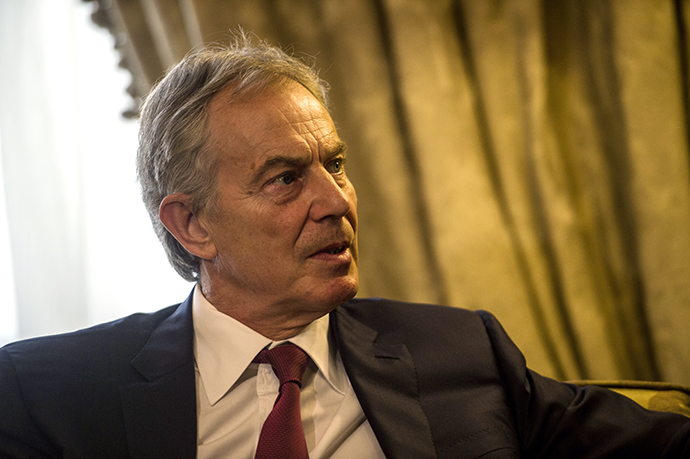
Blair, who was one of the first Western officials to announce his support for Sisi following the deposal of Morsi said, “The fact is, the Muslim Brotherhood tried to take the country away from its basic values of hope and progress. The army have intervened, at the will of the people, but in order to take the country to the next stage of its development, which should be democratic. We should be supporting the new government in doing that.
"Right here in Egypt I think it is fundamental that the new government succeeds, that we give it support in bringing in this new era for the people of Egypt” he added.
Despite controversy surrounding Sisi’s election victory earlier this year, the British government extended its congratulations, and hoped to strengthen the ‘broad and productive’ relationship between the two countries.
However, the UK’s Muslim Brotherhood leader Ibrahim Munir heavily criticized the government for its backing of Sisi.
“The results of the elections were false and the British government knows that. Congratulations reduce the diplomatic credibility of the British government by giving support to the military coup even after thousands of innocent protesters were killed,” Munir said.













